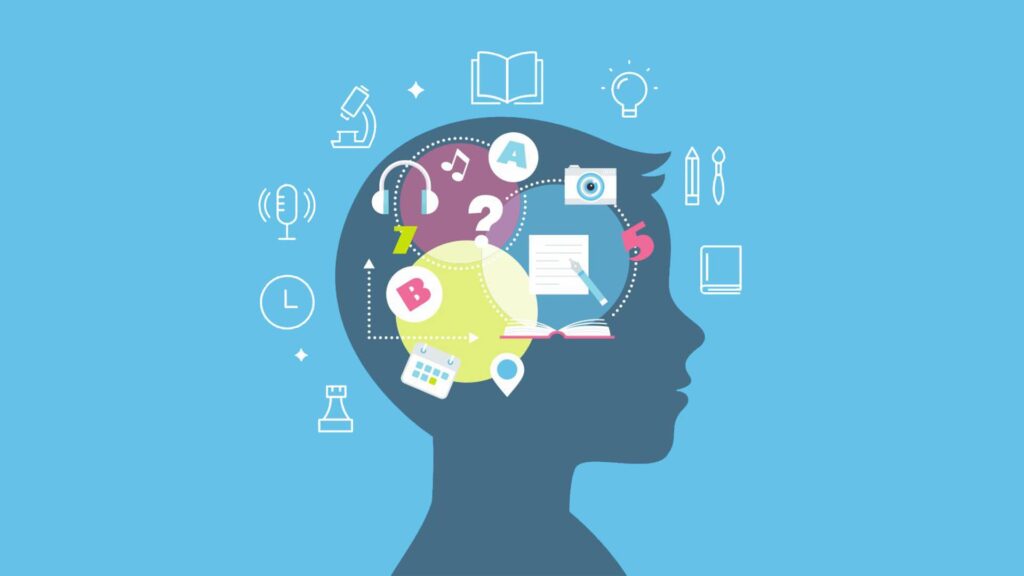Many of us have experienced the frustration of forgetting a name or a task we intended to complete, moments after thinking about it. Dr. Sharon Sha, a professor of neurology at Stanford University, reassures us that such forgetfulness is generally normal. In this article, we delve into the mechanisms behind these memory lapses and explore expert-recommended strategies to improve short-term memory.

Dr. Sha explains that when we forget information we just learned or thoughts we just had, it often stems from our brains not converting them into long-term memories. This initial step, called encoding, is essential for creating meaningful connections between brain cells and storing information permanently.
During daily activities, our brains utilize working memory to hold information temporarily. David Gallo, a professor of psychology at the University of Chicago, notes that this working memory has its limitations—most people can only hold about four or five thoughts or tasks simultaneously. However, unless these thoughts undergo the encoding process, they won’t transition to long-term memory.
Dr. Scott Small, director of the Alzheimer’s Disease Research Center at Columbia University, likens the encoding process to a computer’s “save” function. If information isn’t encoded, it’s lost, much like closing a computer without saving it. Distractions or preoccupations during the encoding process, such as meeting new people or formulating responses, can lead to forgetfulness.

Lynne Reder, a professor emeritus of psychology at Carnegie Mellon University, highlights that these memory lapses are crucial for day-to-day functioning. If our brains encoded every piece of information encountered, we would have no working memory left for essential tasks like walking, talking, or listening.
Strategies to enhance memory
- Repeat and Recite: Ronald Davis, a professor of neuroscience at the University of Florida, suggests that repeating information in various ways aids memory storage. Writing information by hand, which activates more brain pathways than typing, is particularly effective.
- Assign Meaning: Connecting information to characteristics or qualities facilitates recall. Creating associations, such as imagining a Florida beach with a seashell for someone named Michelle, provides a context that aids memory.
- Sing Along: Dr. Sha suggests that setting information to tunes might move memories into different parts of the brain, making them more likely to stick.
- Visual or Emotional Cues: Imagining yourself performing a task or considering how it will make someone feel can enhance memory.
- Prioritize Sleep and Exercise: Dr. Gallo emphasizes the importance of adequate sleep for effective encoding. Regular physical activity, such as aerobic exercise, contributes to both short-term and long-term memory enhancement.
Understanding the mechanics of short-term memory and adopting strategies to improve recall can significantly enhance daily functioning. As we implement these expert-recommended techniques, we can navigate the challenges of forgetfulness and empower our minds for optimal memory performance at any stage of life.








